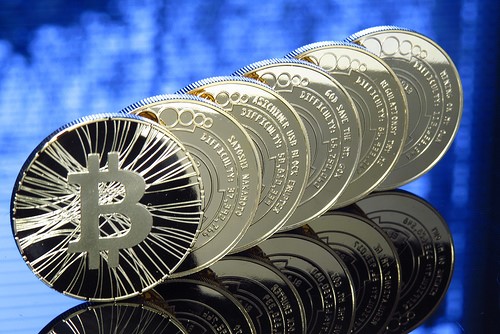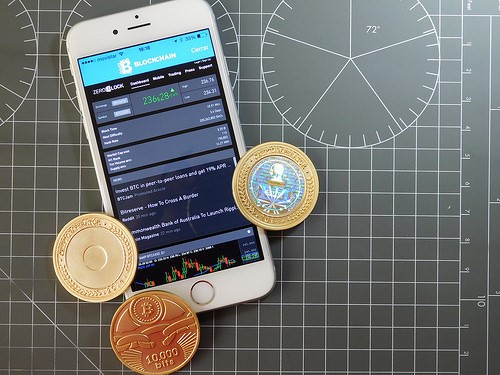Back in January 2015, a young programmer from Luxembourg set out to discover if he could travel the world using Bitcoin. Felix Weis, 27, converted all his savings into Bitcoin and left for his journey, travelling to dozens of different countries and 50 cities over 18 months. When asked if he was able to use Bitcoin throughout his journey, Weis told CoinTelegraph: “I was able to use it in 27 countries in whatever form and, for me, that makes it a global currency.”

Despite many people believing that Bitcoin is in decline, there are more physical and online businesses accepting Bitcoin than ever. One industry that has been heavily impacted by Bitcoin is online casinos: there are now dozens of Bitcoin-exclusive slots and other casino games that can be researched and compared on review sites like bitcoinpokies.com, which gathers information about the advantages of Bitcoin games – mainly security, anonymity and instant deposits/withdrawals. As for real-world uses and activities, you can even take scuba diving courses in Turkey like Weis did in exchange for Bitcoin or even go food shopping. The possibilities are endless, so we wanted to share a quick and easy step-by-step guide on how you can travel the world with Bitcoin.
What You Need
Although you may not need to carry a physical wallet around with you in order to use Bitcoins whilst you travel, there are a couple of items you should get.
A Bitcoin Wallet
To use Bitcoins you must first have a secure Bitcoin wallet. Preferably, this wallet will feature 2-step authentication, PINs, confirmation by text messages and constant support services.
A Smartphone & an Internet Connection
Once your Bitcoin wallet is set up, you will be able to access it on your smartphone through your web browser or the wallet provider’s exclusive smartphone app. As long as you have an Internet connection, you will be able to search for local businesses that accept Bitcoin payments and then purchase goods and services using your phone.
You may also want to consider getting a LocalBitcoins account as this service allows you to exchange your Bitcoins for local currencies. This sounds easy enough but you will have to arrange a meeting with the seller and ensure they are responsible. Alternatively, you can carry Visa or Mastercard debit cards with different currencies that are linked to your Bitcoin wallet.
How to Pay
Flights
CheapAir, AirBaltic and many other airlines now offer Bitcoin users the option to pay with the cryptocurrency. Or, if you wish to book a flight using a service that does not explicitly allow Bitcoin, you can use your Bitcoin debit cards to pay for your flights. There is a chance that the establishment will ask for further details regarding your payment before they process it but this should be swift and painless.
Accommodation
Numerous large businesses including Expedia, Hotelgo24 and Destinia now accept Bitcoins in exchange for accommodation bookings. As for independent and small businesses, more of them may accept Bitcoin than you think. For a comprehensive list you can visit Bitcoin.Travel or other similar sites, or you could ring and ask the owners. If they don’t allow Bitcoins as a payment method, you can use the Visa or Mastercard Bitcoin cards to pay.
Attractions
Chances are you intend to buy food and visit local attractions during your holiday, but never fear: many places in these industries accept Bitcoin as well depending on where you are in the world. Estonia and Argentina for instance have high Bitcoin merchant adoption rates so you are likely to find many local establishments that you can frequent there. The United States, Denmark, Sweden, South Korea, Finland, The Netherlands, Canada, Australia and the United Kingdom also all have merchants that accept Bitcoin.
As more people use Bitcoin, more merchants are likely to accept it as a form of currency. By using Bitcoin whilst you travel not only will you open yourself up to new experiences, you could even change the world.



Leave a Reply